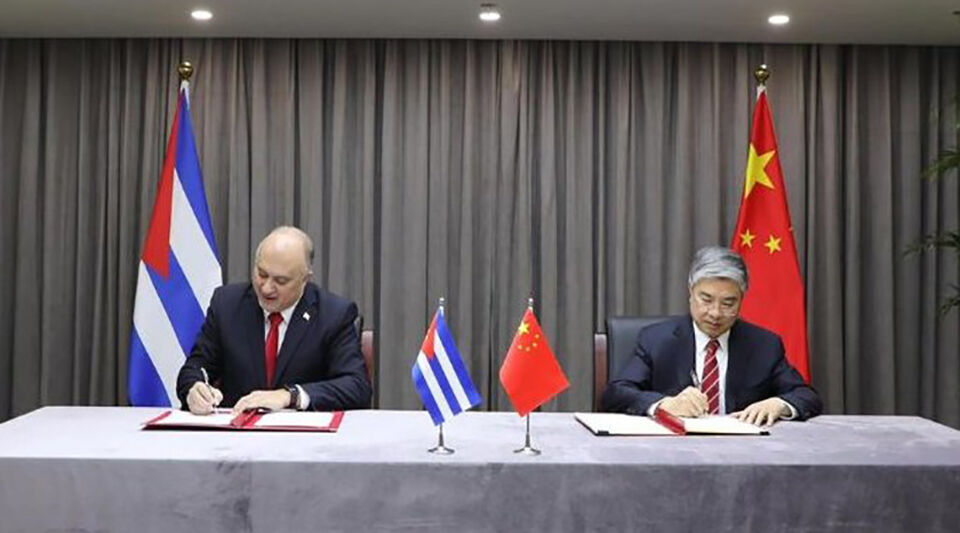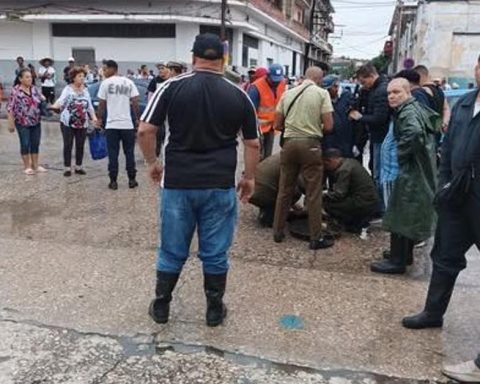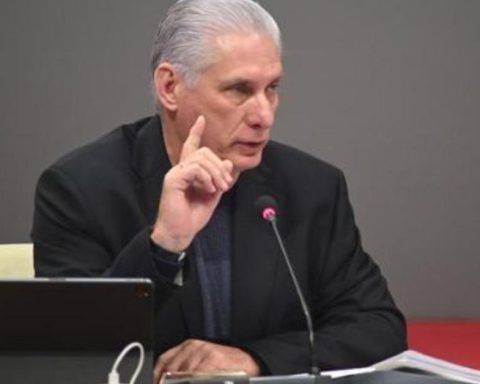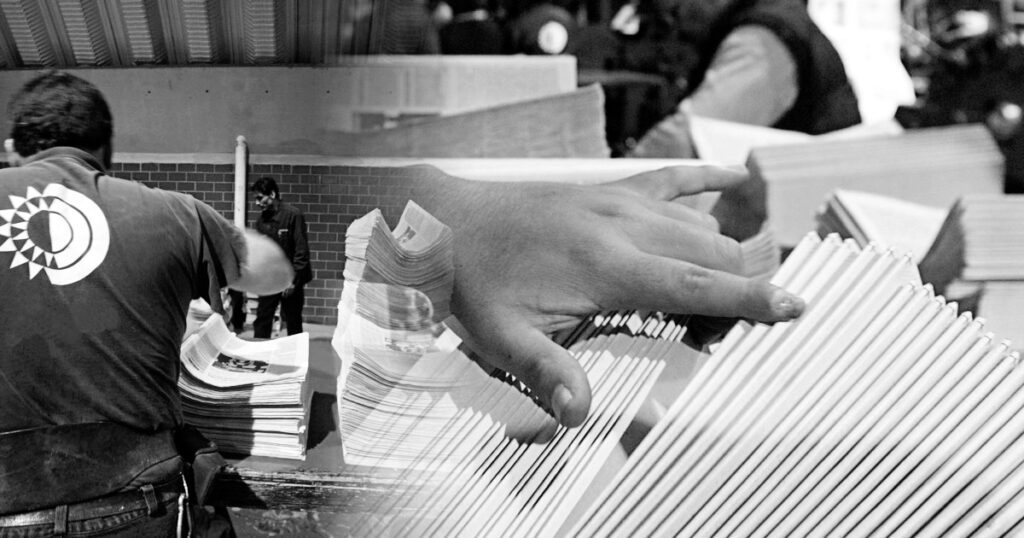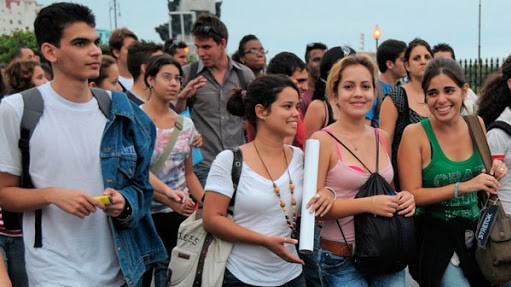With the donation of 100 million dollars to Cuba, China complies with the “new financing” plan for the Island that the Minister of Economy, Alejandro Gil, foresaw at the end of 2022. The Cuban ambassador to China, Carlos Pereira, signed this thursday an agreement that guarantees that Cuba will receive the money promised by Xi Jinping to Díaz-Canel during his “alms trip” to the Asian country last November.
Satisfied, Pereira assured Latin Press that the document, also signed by Tang Wenhong, vice president of the International Cooperation Agency, continues the “dialogue in person at the highest political level” of both countries.
As for the money, the diplomat affirms that it will be allocated to “important programs with a socioeconomic impact, the resumption of industrial works, renewable energies” and also to the “modernization of the media”, one of the most recent obsessions of the regime. .
A new Sino-Cuban commission will hold talks in Havana during the first quarter of 2023, Pereira said
In Pereira’s opinion, Xi Jinping has assumed a “strategic” responsibility with what he called the “community of shared destiny” between China and Cuba. As he had already advanced the Cuban delegation in november 2022What the Island is asking China for is financing for three sectors: biotechnology, energy and cybersecurity, although it also closed agreements related to trade and food production.
The diplomat asserted that Díaz-Canel’s visit “allowed us to review the state of the ties” and facilitated the “reordering of the debts with China.” He welcomed that Xi Jinping treated Cuba with “high sensitivity” and “confidence”, and guaranteed that everything between the two nations could be resolved “with deeper cooperation”.
Cuba already has “financial facilities” in the Asian country, Pereira said, and promised “greater insertion of Chinese companies” on the island. He also explained that China and Cuba are working on a “pancorona” vaccine project against the different coronavirus variants.
A new Sino-Cuban commission will hold talks in Havana during the first quarter of 2023, Pereira said. The Cuban embassy in Beijing, he affirmed, “works with the Chinese counterparts and the island organizations involved in the creation of mechanisms aimed at systematically checking the implementation of the consensus and agreements closed in November.”
China, Díaz-Canel’s last station in an international tour who appealed to “friendship among peoples” to resolve Cuban debts, promised the president an “emergency donation” to alleviate the harsh crisis that the island was going through. Díaz-Canel did not miss the opportunity to list the “involuntary calamities”, both natural and technological, which had affected the country during 2022.
China will pay for a “Biocubafarma cloud telepresence system”, which promotes digitalization in the vaccine and medicine manufacturing sector
On that occasion, Xi stated that Cuba had to be helped, despite “the problems with the debt.” Díaz-Canel left with the promise of Chinese funds and repeated over and over again that the Chinese “are open” in everything that refers to business with the Island.
In addition to the treaties on trade, food and biotechnology, the Havana government signed an ambiguous “plan for political consultations” between the Chinese and Cuban foreign ministries in November, although it avoided detailing what these “consultations” will consist of, which they are obliged to hold until 2025. Another agreement was signed between the communist parties of both nations, in addition to “memorandums of understanding” to promote China’s economic actions in Latin America.
However, the most hermetic treaties refer to the digital field and telecommunications. China will pay for a “Biocubafarma cloud telepresence system”, which promotes digitization in the vaccine and medicine manufacturing sector, and a project to organize a National Identity System for natural persons and Wireless Network Supervision. A Forensic Data Laboratory is added to both projects.
The coincidence of the signing of these contracts with the creation of a National Working Group for Cybersecurity has raised suspicions about the possible implications of the Chinese-Cuban agreements in the surveillance of the island’s population.
________________________
Collaborate with our work:
The team of 14ymedio He is committed to doing serious journalism that reflects the reality of deep Cuba. Thank you for accompanying us on this long road. We invite you to continue supporting us, but this time becoming a member of our newspaper. Together we can continue transforming journalism in Cuba.
